It is no secret that more and more of our fellow citizens who are tired of slushy Russian reality, and have a dream to trade every day’s "subway" for sunny “Mediterranean paradise". However, experience shows that is not so simple, and availability of your legally (or not quite) earned money is no guarantee of getting a long-awaited studio apartment on the seafront.
Infinite selfless buyer’s faith in the tale about "cheap and good two in one" lack of legal education and greed of our compatriots-Realtors parasitizing on the desire of Russian buyer to save at any cost, lead to the fact that purchasing property in Spain extends over several years of the futile search for dreams that we see in the brochures of real estate companies. So what are the basic "rules of the game" in the Spanish property market?

Double commission
In Spain, according to the law realtors receive a commission for the preparation and conclusion of the transaction from the seller. But for some reason this Spanish law does not apply to "Russian-speaking" real estate agencies. They have only one law that is under any pretext to take any collateral from potential buyers “to prove their purchasing power". Immediately after property demonstration they will
knock up a contract, which, of course, will not disappear, but will be tricky drafted by again a Russian lawyer who “works with” the agency.
Then it turns out that according to the papers your collateral was actually a voluntary contribution paid for services provided to you, and was spent “on expenses of covering the costs of search and demonstration of real estate". These costs will include telephone bills, the company’s car gas bills, coffee drunk with potential Spanish sellers, and what not.
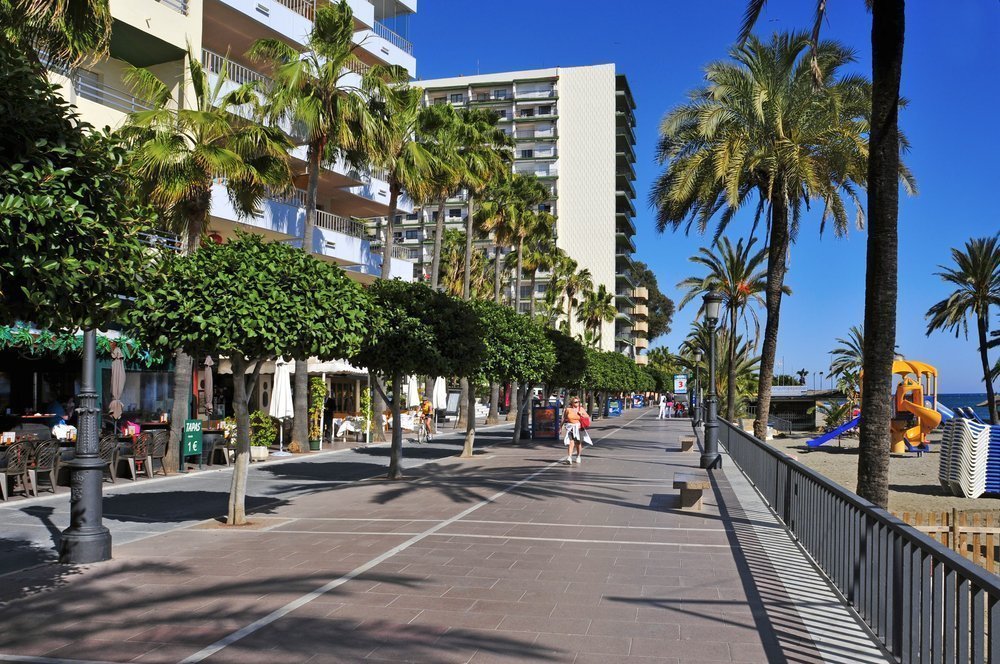
"Bait" to demonstrate
An argument to convince you of the need for a collateral can be the demonstration of a real existing apartment on the sea front in Spain with a discount of 50% or even 70%, or a gift bonus in form of garage, which in the tourist center of the coastal town is worth its weight in gold during the tourist season.
You are happy about being so lucky, you conclude contract, pay the fee for your cooperation with this company, start preparing documents for the transaction - and after a while it turns out that the cheap apartment that you almost love by that moment were purchased by a more nimble purchaser, or the host-Spaniard suddenly inherited Uncle's fortune and changed his mind..
"But please don’t worry, we will find you another option, and we will cut the price of new object by the amount you’ve already paid!" But then you are offered very different objects: smaller and more expensive and farther from the sea, overlooking the lanes, populated mainly by settlers from South America or Morocco.
You may ask, what's the catch? It turns out that such apartments on the first line are often rented by unscrupulous real estate agencies and used as "cheap" bait for potential clients in order to get money of them.
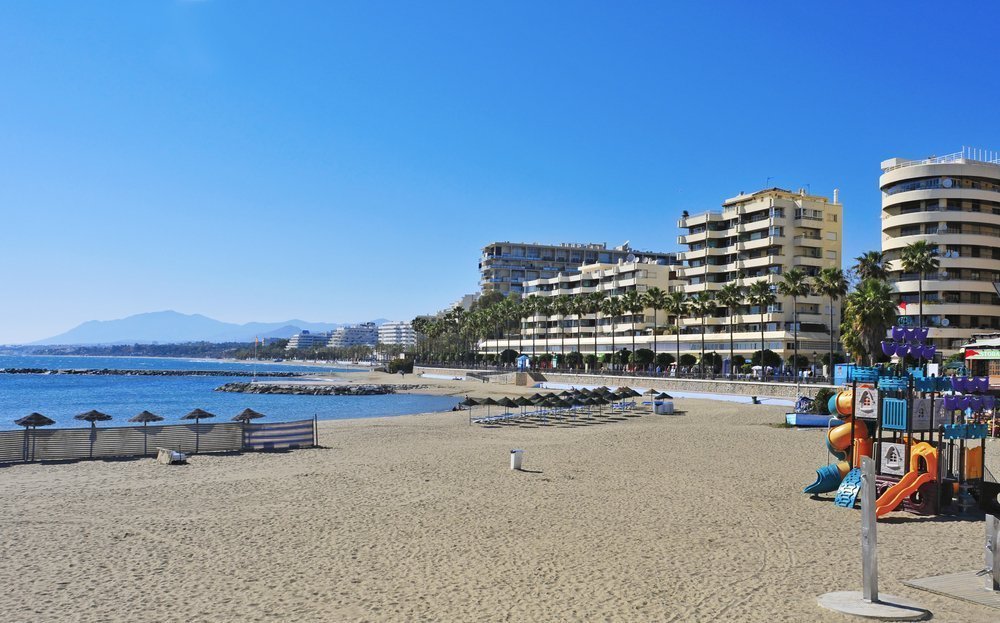
Home shopping
Some buyers manage to "buy" Spanish property without having to travel outside the MKAD. We mean right in the Moscow office of a real estate company by a beautiful picture in the catalog. Such housing has an extremely competitive price, which is why you need to pay collateral, of course.
The matter is that the manual dexterity and Adobe Photoshop can guarantee you an offer you could only dream about for a purely symbolic price by Spanish standards and ridiculously low – buy Moscow ones.
But that is still not the worst part. A contract concluded in Russia has no legal force in the territory of Spain (unless, of course, it was signed by a Spanish notary public in the Spanish Consulate in the presence of an interpreter who has sworn “honesty"). But Russian “representatives” of Spanish company don’t mention it, of course.
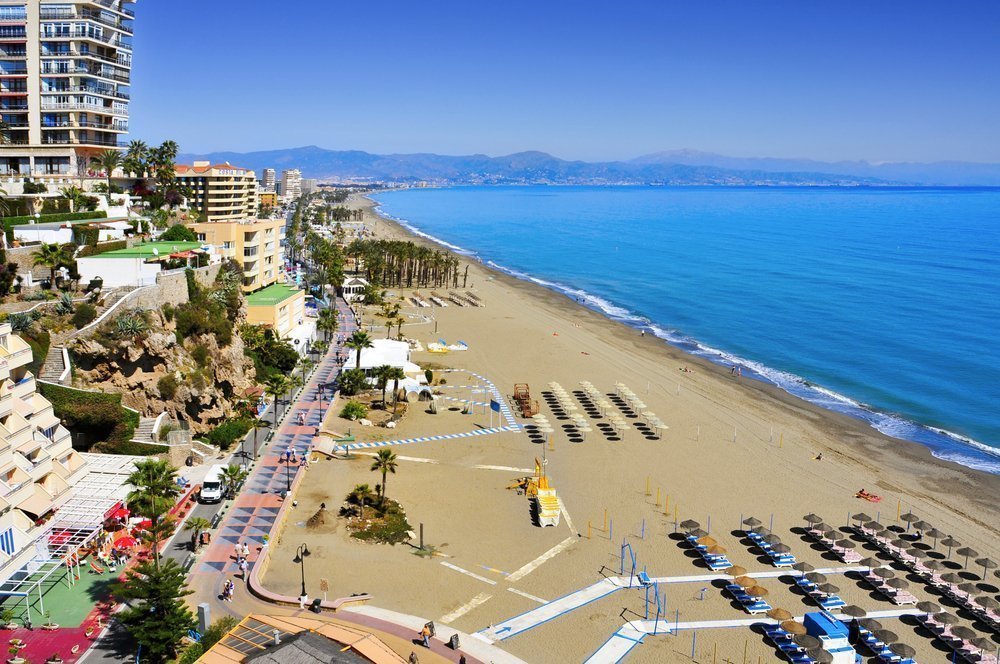
"Unheralded virgin soil"
Another interesting sales strategy adopted by real estate companies: “You want it cheap? Not a problem! Then it’s in the unfavorable regions of Spain. Sorry, I meant to say unheralded regions. And sure thing, no one will tell you that 90 per cent of real estate in such “unheralded” ghost towns is empty and full of "Se vende" signs.

"Raw" rent
And if, God forbid, you decide to rent an apartment, posted on the Internet by an agency or a “Spanish owner," who is for reason unknown fluent in Russian language, then there are no limits to imagination when it comes to what your vacation home will be like in reality. Of course, provided that you are lucky enough to get at least some roof over your head.
The most innocent lies is when your long-awaited vocation apartment on the “first’ line happens to be miles away from the beach.
Moreover, the apartment seems to have shrunk comparing to the pictures from the company’s site or a free ad portal. If the floor is 10 or higher you may even see a small piece of sun reflected in the sea surface but there’s a problem: no elevator or better say a free active rest bonus!
The final price for rented square meters is also subject to many tricks. For example, upon your arrival and check in it suddenly turns out that you have to pay the “Spanish Crown tax” (!) at least €350 in addition to previously agreed €700 per week.
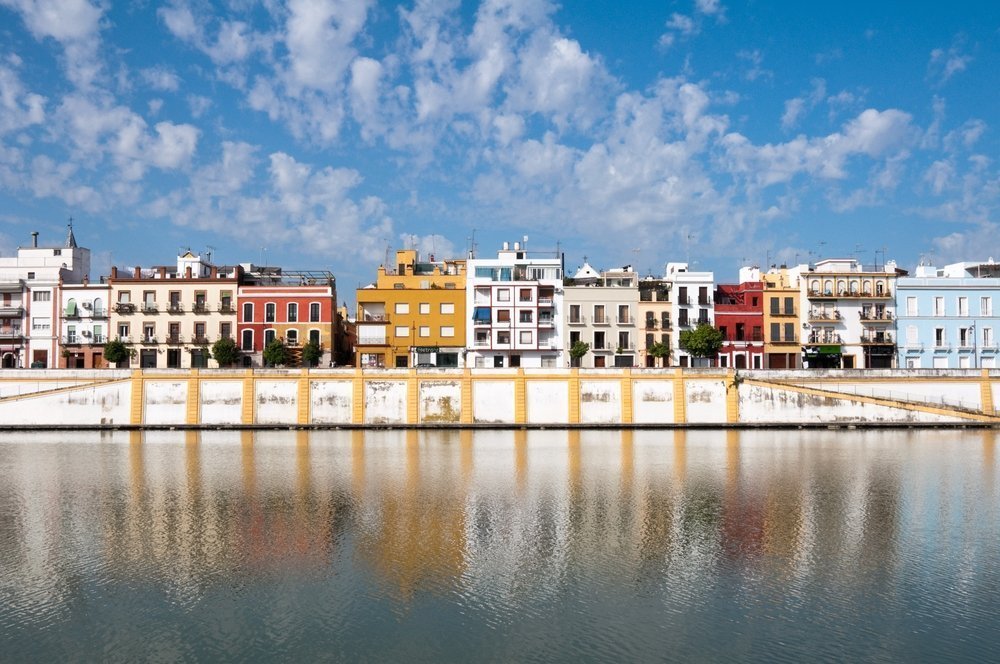
How to avoid getting cheated guide
So, are you already disillusioned about the fabulous Spanish Coast? Then go ahead to property demonstrations but with already substantially faded pink glasses!
Remember:
– you are not obliged to sign any contracts with agency for provision of services: realtor commission is payable by the seller at the transaction conclusion;
– if you make collateral, make sure that under the contract, in case of failure of the seller to make a deal, he is obliged to return the money to you;
– buying dacha in Spain without demonstration of the real property because of the desire to save can play a very bad joke in the end;
– carefully study the local map before buying, especially on the subject of "proximity to civilization" and location of “scaring” objects, such as nuclear power plants ;
– buying a home in Spain does not entitle you to get a residence permit, despite the assurances of most real estate companies, except for investments in property from € 500,000 when residency is provided to the investor and his family automatically according to the law and without any merit of the agent;
– conclusion of the transaction should occur only in the presence of a Spanish notary and independent Spanish translator with request and translation of all documents confirming legal purity of the property and seller’s ownership rights. Check whether the object that you are buying is the one that you are demonstrated;
– Be alert if the price of the property is below the average for similar offers from other real estate companies in the same region: remember that Spanish lunch is never free, just like it’s Russian counterpart.
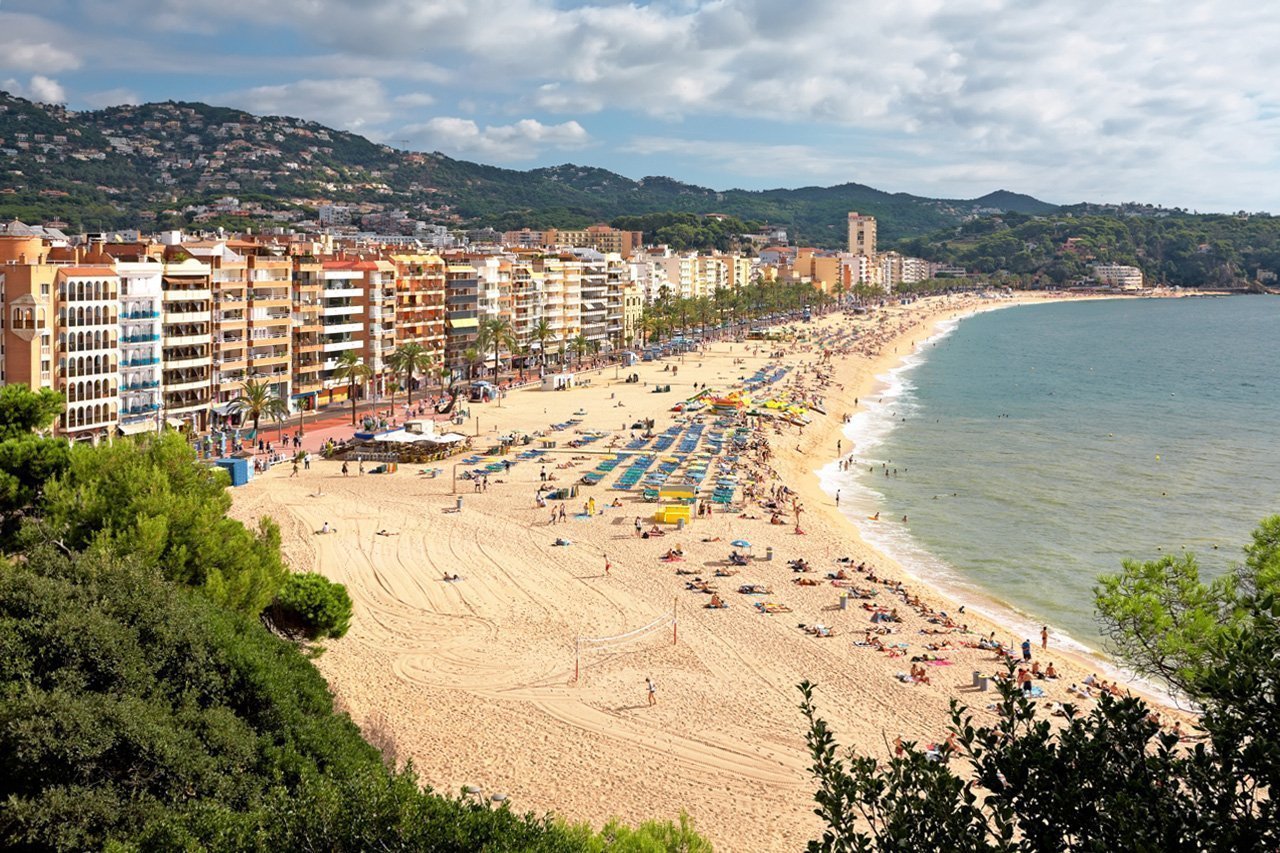
And if even after the purchase you are still suspicious about the possibility that your “Russian-Spanish” realtor somehow “clocked-up” more than his legitimate 3%, be grateful because in Bulgaria and Turkey they “scam” Russian clients much worse! After all Spain is geographically and legally a part of Europe.
Text: Irina Voronova, official representative of the company "Na zolotom beregu", exclusively for ee24.com